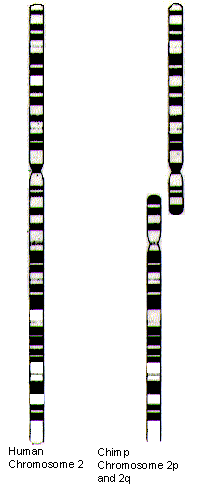sculptor
Valued Senior Member
Graecopithecus freybergi: Oldest Hominin Lived in Europe, not Africa
there is the headline
here is the link
http://www.sci-news.com/othersciences/anthropology/graecopithecus-freybergi-hominin-04888.html
“Our discovery outlines a new scenario for the beginning of human history,”
...
“Furthermore, Graecopithecus freybergi is several hundred thousand years older than the oldest potential pre-human from Africa, the 6-7 million-year-old Sahelanthropus tchadensis from Chad.”
etc.
Your thoughts?
there is the headline
here is the link
http://www.sci-news.com/othersciences/anthropology/graecopithecus-freybergi-hominin-04888.html
“Our discovery outlines a new scenario for the beginning of human history,”
...
“Furthermore, Graecopithecus freybergi is several hundred thousand years older than the oldest potential pre-human from Africa, the 6-7 million-year-old Sahelanthropus tchadensis from Chad.”
etc.
Your thoughts?


